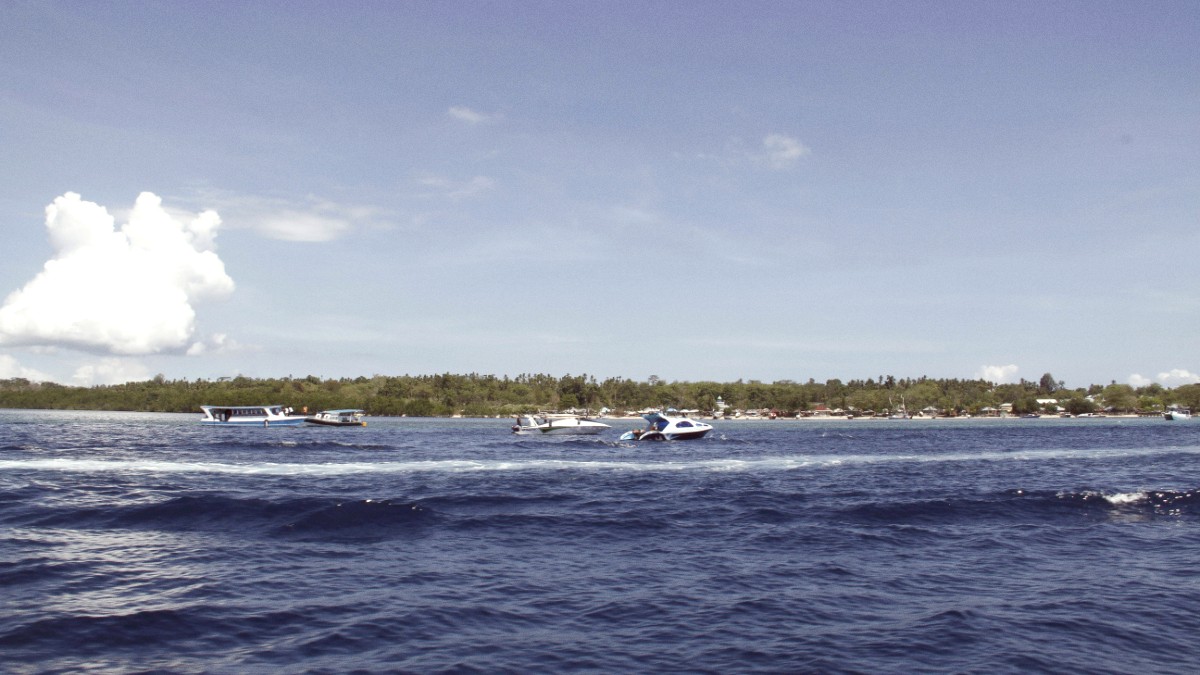
Indonesia
Bunaken National Park is a marine protected area. Tangkoko Batuangus Nature Reserve conserves endemic terrestrial species. Coastal mangrove forests are ecosystems.
Waste management in Indonesia presents challenges. Recycling infrastructure is limited. Reduce plastic use, dispose of waste properly, and support businesses prioritizing waste reduction.
Clean drinking water and freshwater can be strained in some areas. Be mindful of water usage. Support accommodations with water-saving measures.
Make choices that benefit the environment and local communities.
Consider offsetting your travel's carbon emissions.
Select accommodations and tour operators committed to sustainability.
Local communities actively maintain traditional dances, music, and customs.
Always ask permission before photographing individuals, especially children.
Dress modestly (cover shoulders and knees). Women should carry a headscarf for mosque visits. Remove shoes before entering mosques and some temples.
Maintain silence or speak softly inside religious buildings. Do not disrupt prayers or ceremonies. Observe from a distance if a ceremony is taking place.
Your choices as a traveler can significantly contribute to the environmental protection and cultural preservation of North Sulawesi. Travel with awareness and respect.
Support local economies directly through your travel choices.
Directly support local families and livelihoods through accommodation and guides.
Seek out goods sold directly by artisans or at small, locally-owned shops.
Choose locally owned establishments where possible.
Be vigilant for exploitation and unethical activities.
If you wish to donate, do so through established and reputable local organizations.
Donate through local NGOs, schools, or community development projects rather than directly to individuals.
This ensures your contribution has a lasting, positive impact on the community.
Always research organizations before you donate to confirm their legitimacy and mission.
Indonesia has extremely strict drug laws, including the death penalty. Do NOT engage with illegal drugs in any way.
Your financial choices can have a significant positive ripple effect. Opt for local services and products to directly support the North Sulawesi economy.